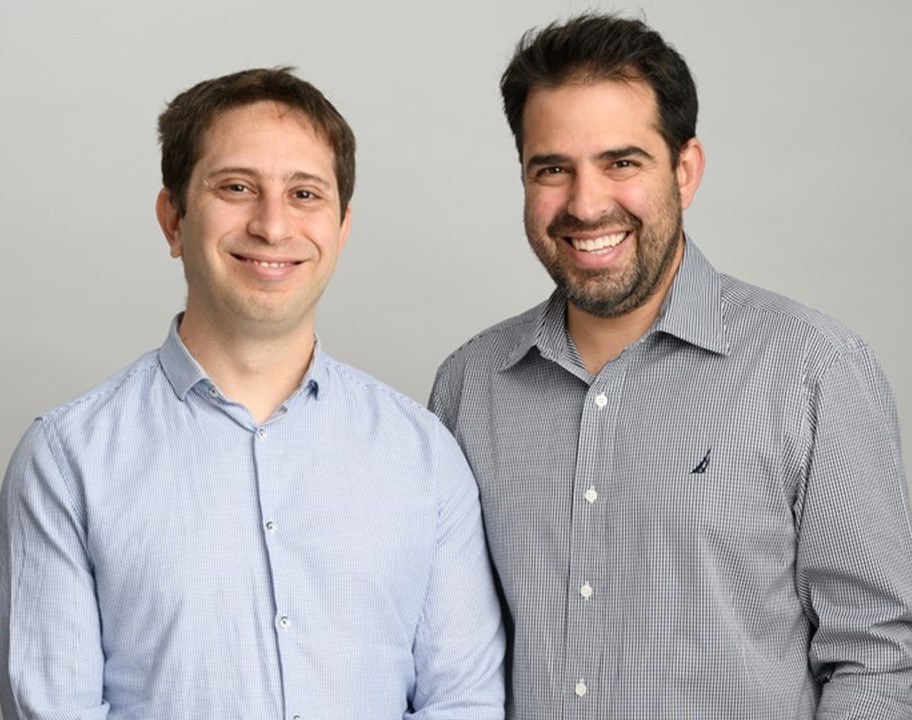env0 Scores $17M for Infrastructure as Code

In a move that highlights growing vitality in the trend toward infrastructure-as-code (IaC), startup env0 has announced $17 million in Series A funding for its IaC automation platform. The company, based in Tel Aviv and Sunnyvale, Calif., has raised $23.8 million since its founding in 2018.
IaC refers to the process of applying programming code-management principles to microservices-based cloud applications. By streamlining the development of these apps via IaC tools such as HashCorp’s Terraform, DevOps teams shrink or eliminate processes that otherwise call for substantial manual work. Developers also use IaC as a vehicle for applying the efficiencies of continuous integration/continuous delivery (CI/CD) to cloud workloads.
env0 has made it its mission to improve IaC functions by coordinating and automating the management of IaC tools and processes. The startup’s platform helps developers manage multiple workflows based on Terraform, Terragrunt, and other IaC tools used to develop apps in AWS, Azure, and Google Cloud Platform (GCP), among other environments.
“env0 is doing to IaC frameworks what GitHub did to Git, providing management, governance and collaboration capabilities,” said Ohad Maislish, env0 CEO (ex-Arno Software), who co-founded the company with Omry Hay (CTO, ex-Proofpoint), in a statement.

env0's co-founders: Ohad Maislish, CEO (left); and Omry Hay, CTO (right). Source: env0
What env0’s Done So Far
The env0 team says the new funding will go to expanding the firm’s platform, which has undergone a series of additions and improvements since its initial release in April 2020. Following is a partial summary of incremental upgrades so far:
— September 2020: env0 makes available an open-source tool for Terraform users called Terratag, which eliminates manual tagging for application resources used in AWS, Azure, and GCP.
— February 2021: env0 automates Terragrunt workloads with a SaaS service that runs remotely.
— March 2021: Self-hosted agents and enterprise-grade security features are added.
—April 2021: A Custom Flows feature lets developers incorporate multiple tools, such as Python, Ansible, and CloudFormation, in their IaC projects.
—May 2021: A cost estimation function is added, in part via integration with open-source Infracost, allowing IaC developers using Terraform, Terragrunt, and other tools to estimate development costs ahead of coding for multiple cloud environments, including AWS, Azure, and GCP.
The Market env0 Addresses
Automation has become a battlecry across the cloud universe, and IaC has become a lance in the fight. As a result, many other companies besides env0 are addressing the need to manage the automation of IaC. These include IBM's Red Hat (which owns Ansible), and Hashicorp (a Futuriom 40 company that has been eyed by Cisco as a potential acquisition), as well as startups such as Ambassador and Pulumi, to name just two. The market is likely to increase even more, as hybrid and multi-cloud environments continue to expand.
IaC has also been adopted as a model in other aspects of cloud environments. Itential, Alkira, and Aviatrix, for example, have adopted a “low code” approach to automating the provisioning and orchestration of cloud networking. It’s likely the cloud DevOps market will become even more competitive, as vendors adopt various permutations of function to IaC management.
env0’s Off to a Strong Start
env0’s first official round puts the company in a solid position to grow in the increasingly competitive landscape of automated cloud DevOps. The company claims to have experienced “a surge” this year in customer adoption -- including takeup by fellow DevOps vendors.
“After moving our cloud deployments to Terraform, we required an automation layer to streamline … automation processes,” said Amit Daniel, DevOps team lead at JFrog, which also makes DevOps software for cloud deployments, in a statement. “We found the env0 platform to be … a very effective solution that simplified our Terraform workflows and improved collaboration.”
env0’s Series A round was led by Microsoft’s M12 venture fund, with participation from existing investors Boldstart Ventures, Grove Ventures, and Crescendo Ventures.





